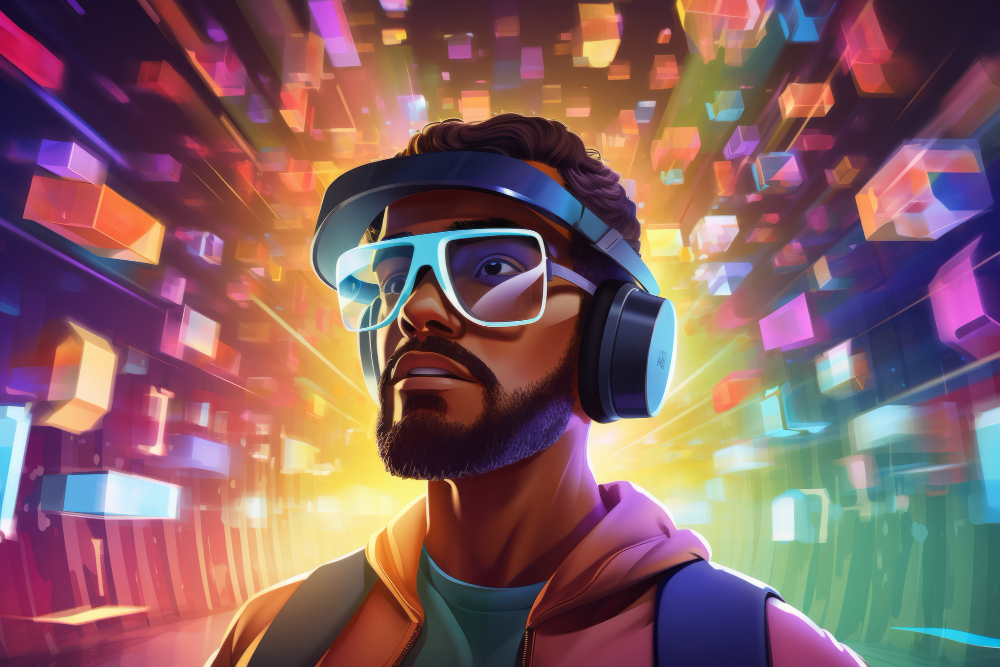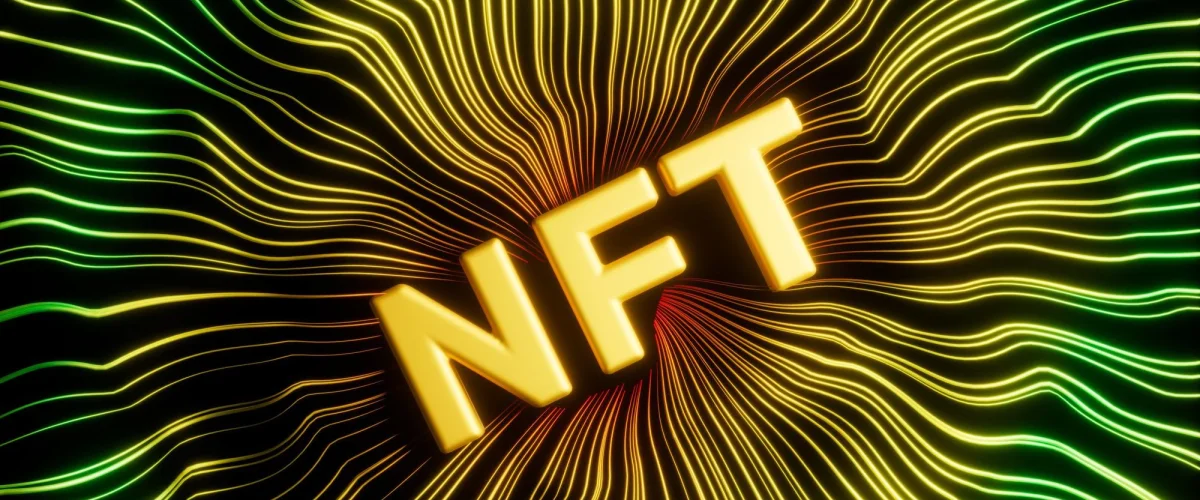NFT Games: The Convergence of Blockchain and the Gaming Industry
The concept of "Blockchain" was first created in 2008 by a developer behind the pseudonym "Satoshi Nakamoto". In short, a blockchain is a type of distributed database with only an additional extension. The first application of a blockchain was the creation of the Bitcoin cryptocurrency.
Almost 15 years later, blockchains have moved beyond the world of cryptocurrency. In particular, Ethereum is a highly popular open-source blockchain called "Smart Contract". Leveraging the power of Smart Contracts, developers began to create different forms of digital assets.
Another digital asset that emerged in this process was the Non-Fungible Token (NFT). The term NFT game has been rapidly gaining popularity in recent years.
Non-Fungible Tokens (NFTs) have taken a huge share of the digital world by allowing the trading of a digital asset that can be digital pictures, video clips, and even NFT games. NFT games operate with a play-to-earn model that offers players opportunities to earn money as they play.
In addition, players can monetize their playtime by buying and selling in-game NFTs or completing goals for cryptocurrency rewards. Trading is done using a digital currency, also known as cryptocurrency, through a blockchain marketplace that can be seen as an auction house. As a business, NFT games help developers monetize their designs while offering users the ability to earn cryptocurrency just by playing the game.

What are NFT Games?
In the simplest terms, NFT games are games that contain NFTs. Unlike other forms of NFTs, NFT games should not be seen as just holding cryptocurrencies in your wallet. Here you can make player interactions, and avatar and weapon purchases. At the same time, you can earn income in the game. These games allow players to earn income from NFT games through a play-to-earn model.
The appeal of an NFT game is that it creates unique and limited tokens that can be exchanged with every non-fungible token on a decentralized digital ledger based on blockchain technology. This allows players to get real ownership with the options to trade, create, and apply NFTs within a game. Developers create smart contracts that specify the rules for the NFTs used. Players spend time in the games and earn according to these rules.
Development of NFT Games in 2022
Most NFT games operate under the play-to-earn (P2E) style model, also often referred to as GameFi, and have become popular with the success of blockchain-based game providers like Axie Infinity. According to one data point, game-related NFTs generated $4.8 billion in revenue in 2021. In January 2022 alone, blockchain games and infrastructure approached $1 billion in addition to the $4 billion collected in 2021.
In addition to role-playing games, trading card games like the sci-fi card game made great progress in October 2021. A project generated $50 million in revenue. Similarly, the FIFA ultimate team NFT game has emerged as a challenge to traditional video games in the NFT game market for game developers. Businesses and gaming companies see a structure from which they will generate continuous revenue from NFT games. NFT digital games can potentially provide new ways for content creators to monetize their work among millions of players, often through social media, digital platforms, collectibles, or in-game items.
What are the Advantages of NFT Games?
In recent years, the video game industry has been constantly growing, and the biggest share of this goes to game developers. The more exciting and unique the gaming experience they offer their players, the more willing they are to spend their money to access subordinate assets and premium configurations.
The top three market sub-segments from which the video game industry generates hundreds of billions of dollars are mobile, PC, and game consoles. In terms of traditional games, players buy the latest video games and console types. In return for this investment, the benefits and value of in-game purchases are not enough. Players accumulate money and items by reaching a level in the game.
In contrast, blockchain-enabled games focus more on value creation. In these games, players' earnings from in-game purchases, regular gameplay, or promotional events are much higher. For example, when players buy an item in a traditional video game, its only benefit is to improve the character and the game they are playing. However, in video games using cross-platform non-fungible tokens (NFTs), the item purchased becomes transferable, exchangeable for cash or other assets and benefits. NFT games allow players to transfer their earnings to another game or trade them with another player who has cryptocurrency.
Earning Opportunities in NFT Games
NFT games benefit both investors and players. Compared to traditional games, NFT games offer publishers some advantages, such as:
- Potential to attract venture capital: Investors who are still at the beginning of the road can understand the potential of this market. Therefore, game developers and owners are working to attract venture capitalists into blockchain-based gaming solutions.
- Revenue from the App Store or Play Store: Developers can earn a certain percentage of the download fee when many users download an NFT game from the App Store or Play Store. The more downloads, the higher the revenue for publishers. In addition, special events, promotional sales, and in-app purchases are a continuous revenue stream for game developers.
- Revenue from transaction fees: When players sell or trade an NFT, developers can charge a transaction fee. Sometimes, this transaction can be a significant amount. Thus, the profit will be proportional.
What Do NFT Games Provide for Players?
- Full Control Over Earnings: NFT games give players the ability to have full control over their assets. This is a very important advantage because if they sell NFTs, it allows players to earn cryptocurrency. Additionally, physical ownership provides more incentive to play in a blockchain-based game and can be a regular source of income for players.
- Reliable Environment: The NFT game provides a highly secure environment for players. Blockchain technology is complex. However, it provides a high level of security and reliability.
- Transparency: The rarer the NFT, the higher its value. Blockchain on NFT games helps to maintain the transparency of digital transactions. It leads to an increase in the value of the NFT.
- A New Profession and Business Opportunity: A large number of players have seen this market potential. That's why players have turned NFT trading from a hobby into a real profession.
NFTs are bringing changes to the gaming industry and further increasing its growth potential. In the past, the idea of buying a high-value non-consumable product seemed crazy. However, people are doing it now because they can repurchase it with more money. These games are purchased not only because they are loved but also because of the value they have gained as NFTs. Blockchain technology has already played a groundbreaking role in the video game industry and other markets. Those who have adopted this technology are already seeing the benefits of the results. NFT games seem to bring their share of the gaming industry to a very important place in the coming years.








